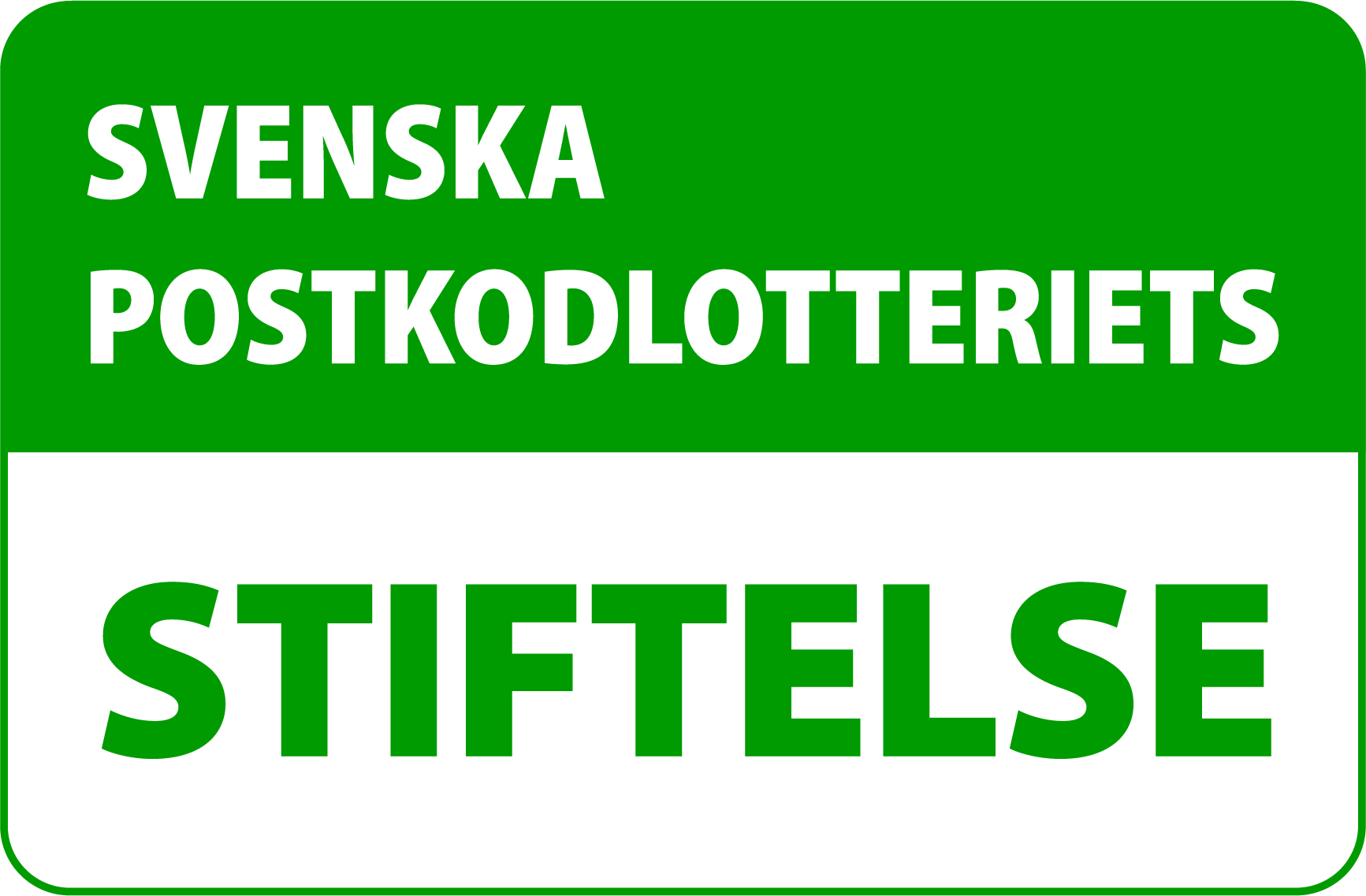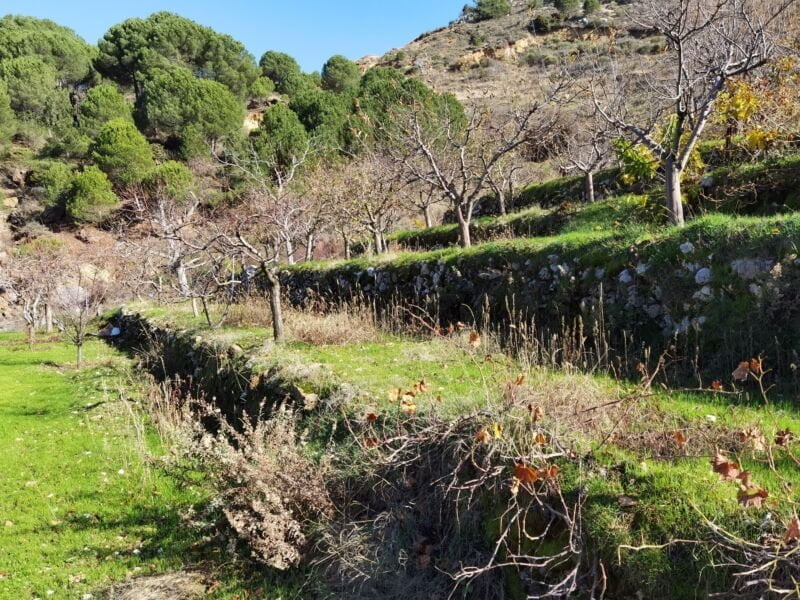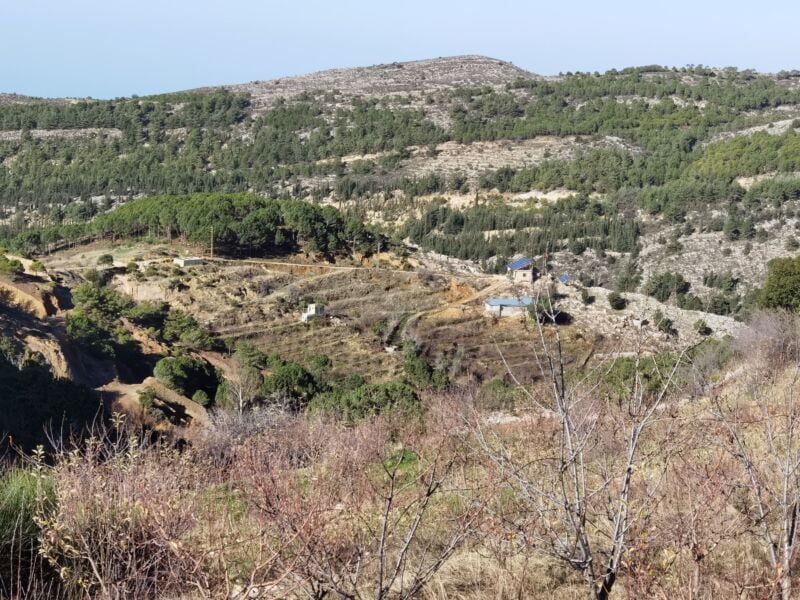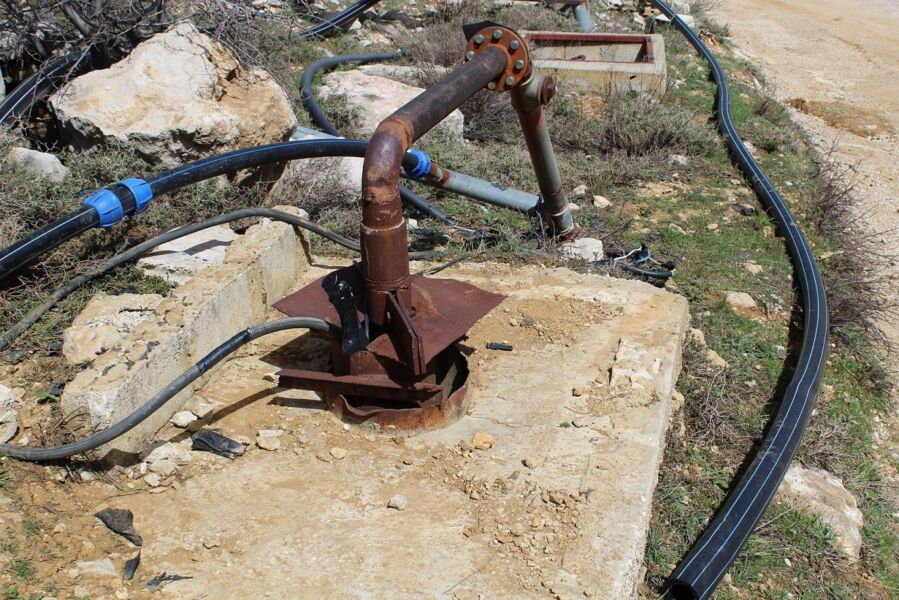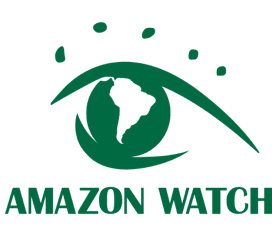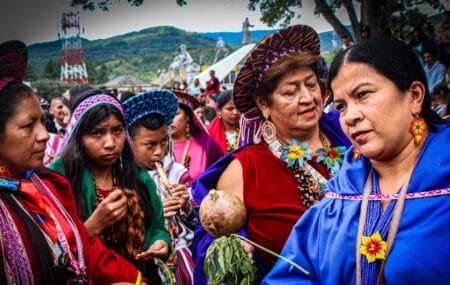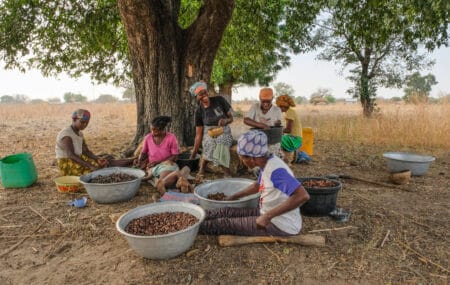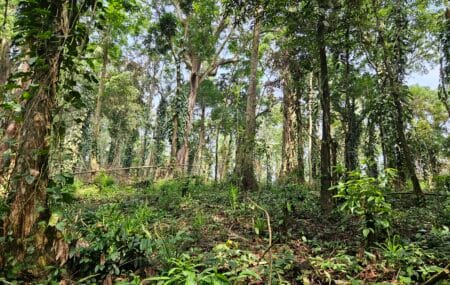Saving water, growing crops
The Shouf Biosphere Reserve (SBR) is the largest UNESCO-declared protected area in Lebanon and in the whole Middle East Mediterranean, covering 5% (50.000 ha) of the overall area of Lebanon. The SBR is considered a high priority zone in terms of water recharge: its aquifers supply over 200 springs feeding several perennial rivers and its mountains divide two hydrogeological basins. The reserve is home to 116.000 inhabitants (including 48,800 Syrian refugees) mostly relying on agriculture for their livelihoods. 33% of the population is food unsecure and 19% has a poorly diversified diet. The rise in unemployment, food and fuel prices recently led to a return to agriculture, thus increasing the pressure on water resources and agriculture production, which are also affected by climate change.
The project aims to increase the environmental and economic resilience of the most vulnerable farmers in the Municipality of Mrusti, located in the development zone of the SBR, while reducing the environmental impact of agriculture.
The project is supported with SEK 2.750.000.
What does the project deliver?
- – An irrigation system covering 8 ha of agricultural land will be rehabilitated to increase water-use efficiency for 50 farmers.
- – A photovoltaic system, inclusive of a solar pump and solar panels, will be installed and small interventions will be implemented to improve the catchment area for rainwater collection.
- – 140 farmers will take part to trainings on Good Agricultural Practices (GAPs), whereas awareness campaigns about climate change, water-saving irrigation systems and nature conservation will reach 250 people through traditional campaigns and 10,000 through social media campaigns.
Why do we support this project?
Finding innovative and effective ways to increase the resilience of the most vulnerable to climate change is of great importance. There is a need to protect the existing natural resources as climate change affects negatively people around the world.
Project time status
100%
This project started in November 2022 and ended in May 2024
For more information: https://www.istituto-oikos.org/
